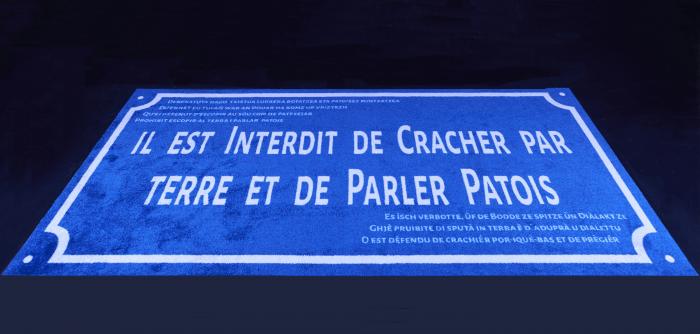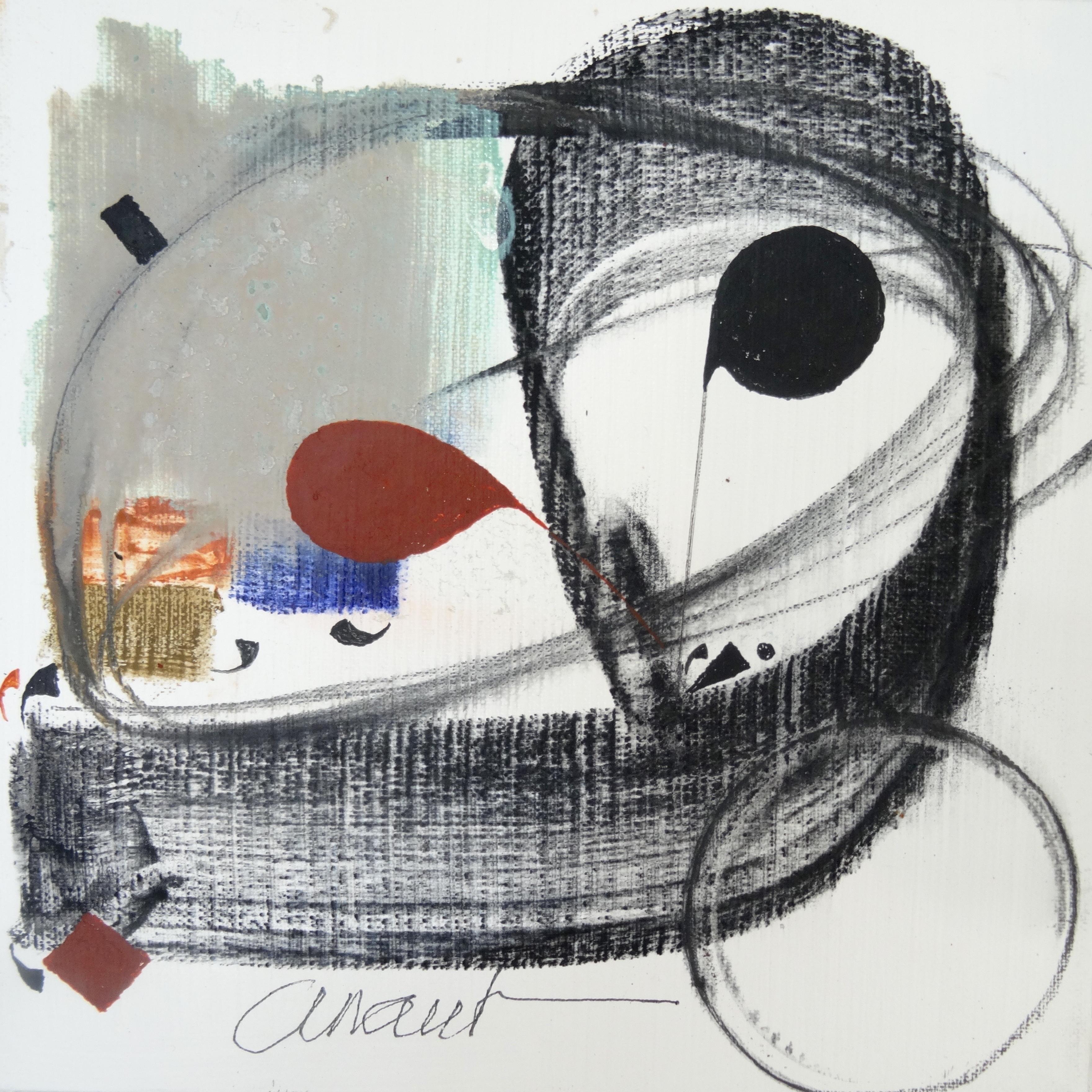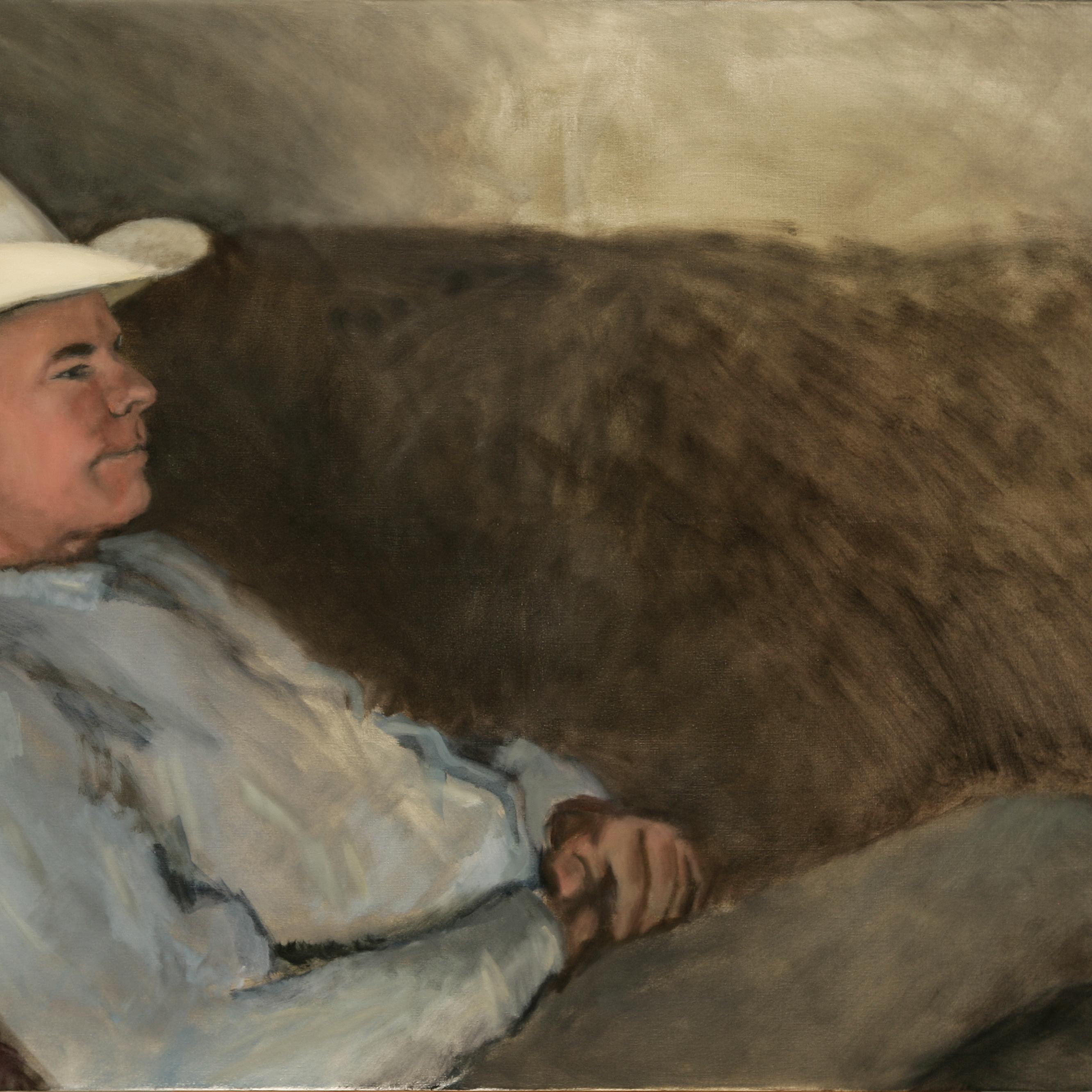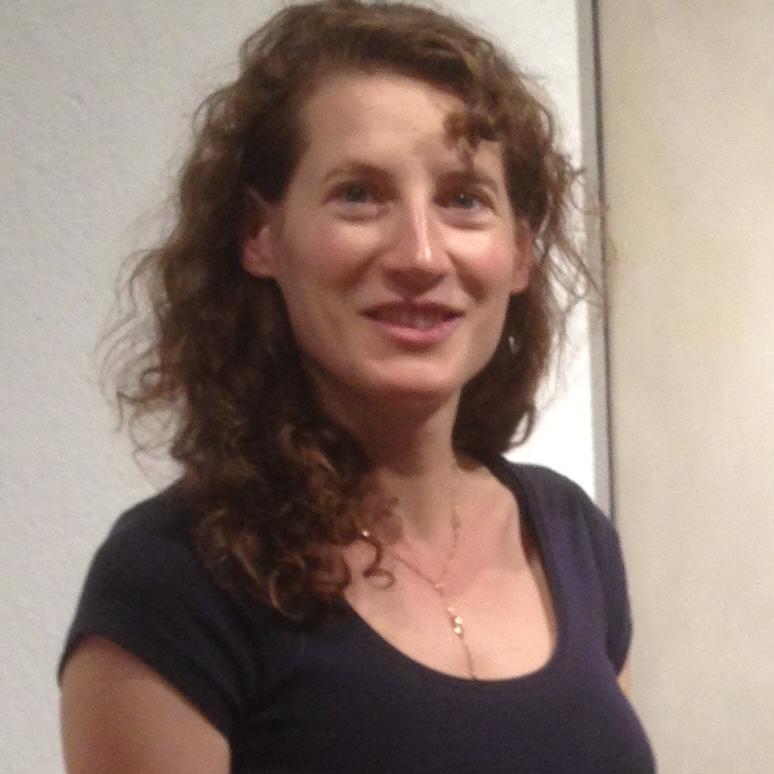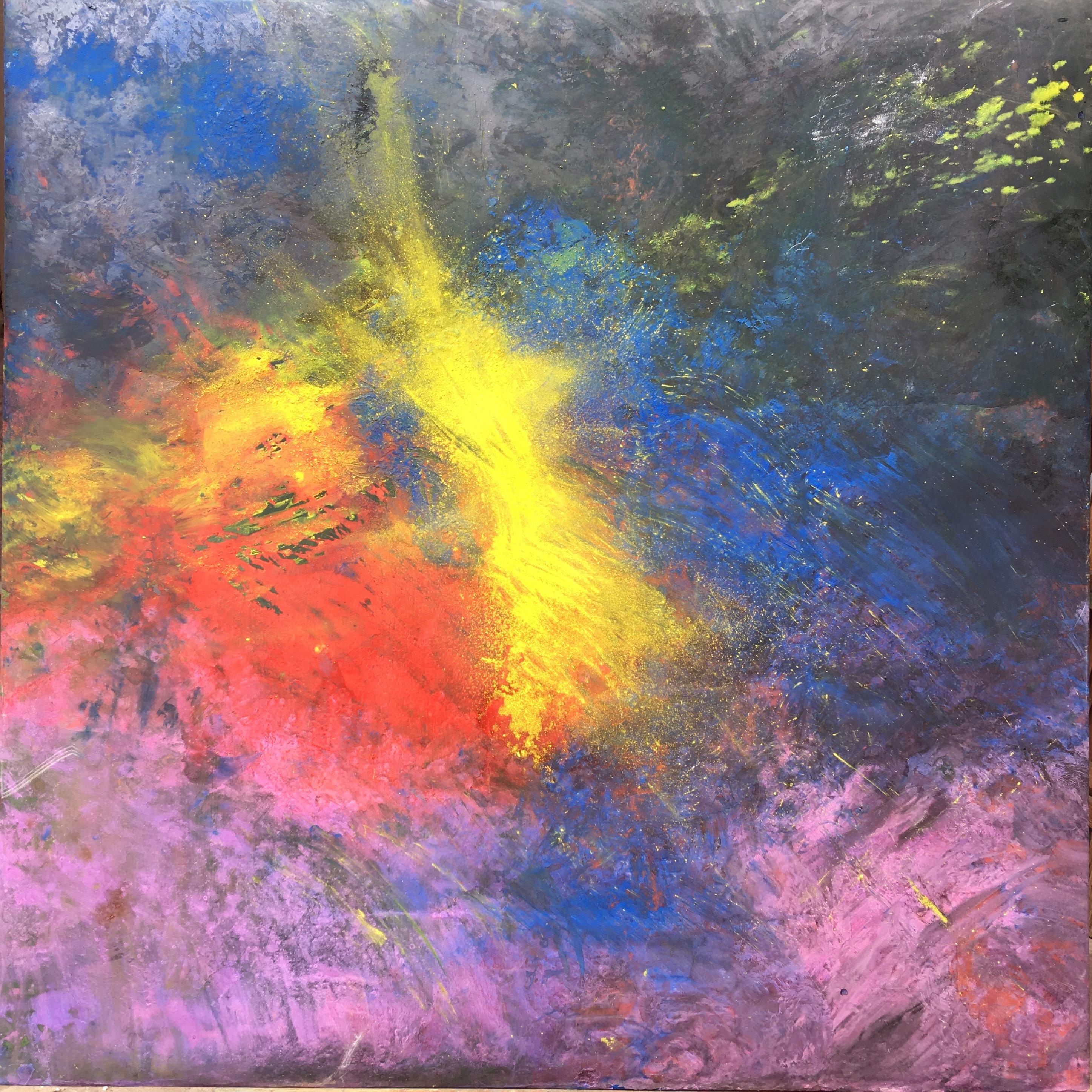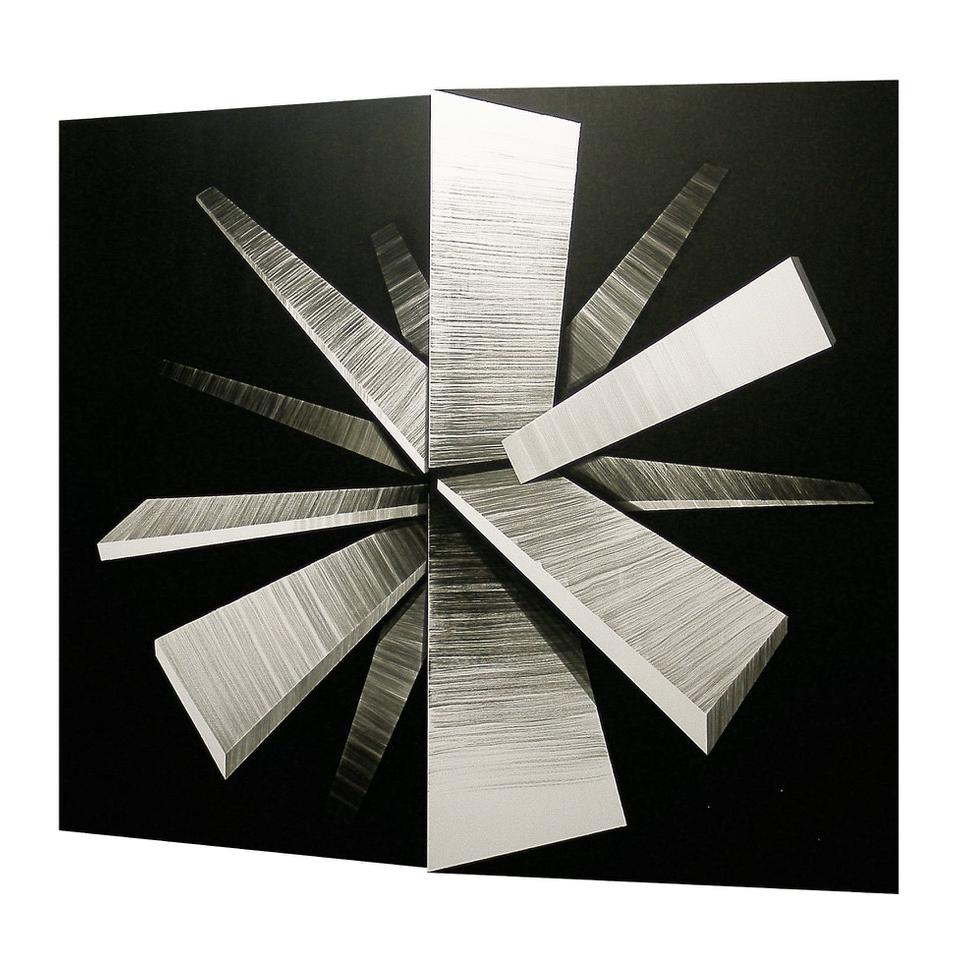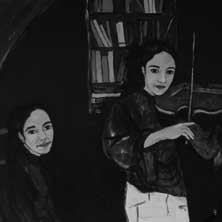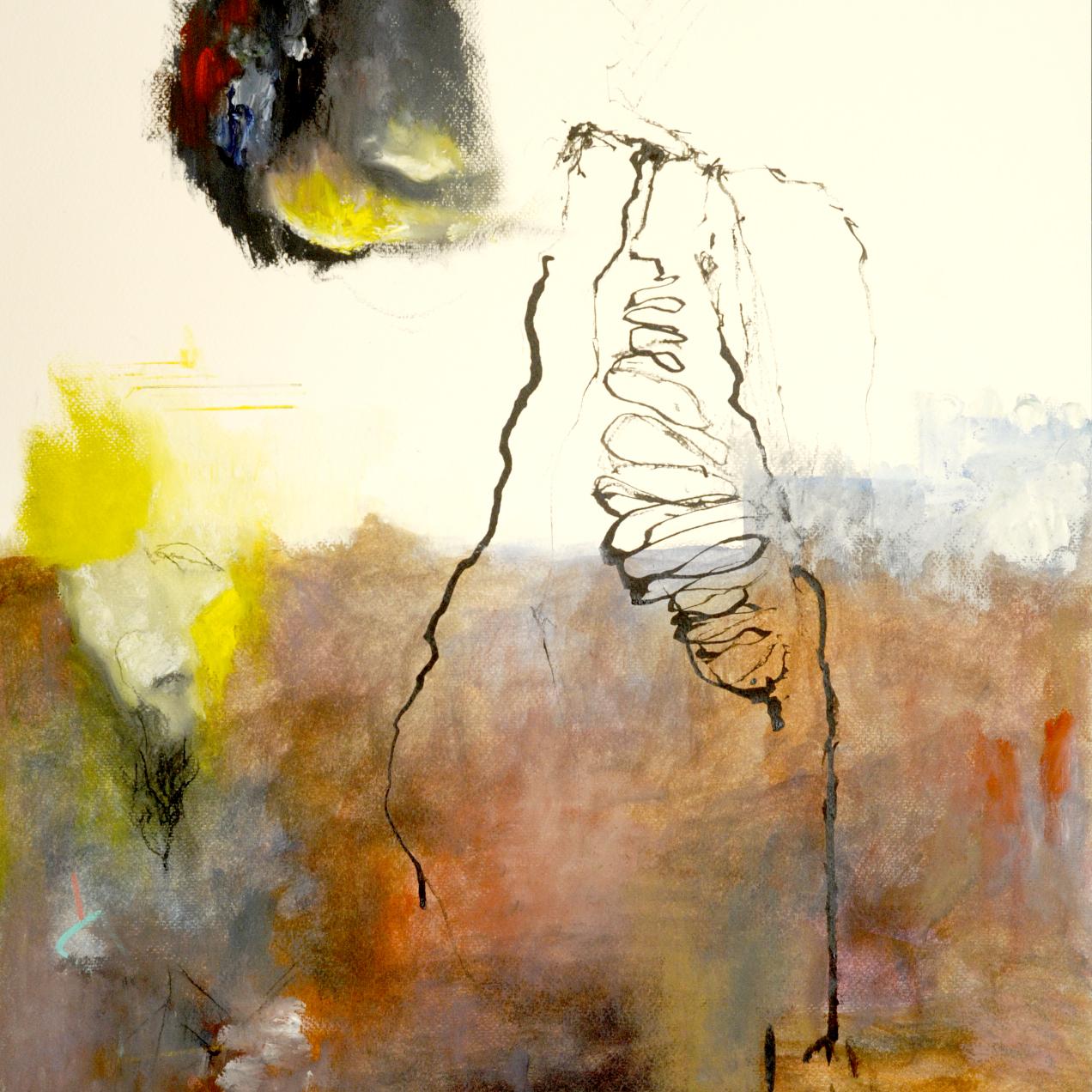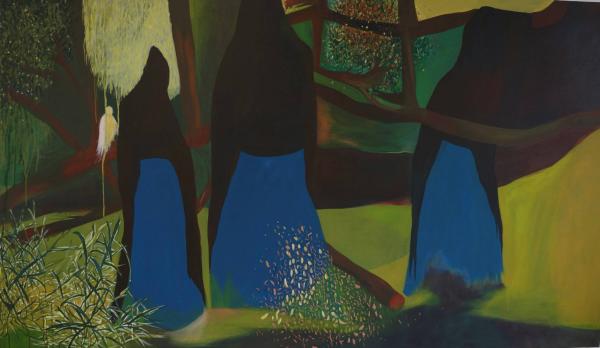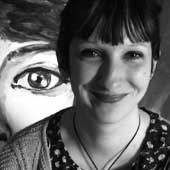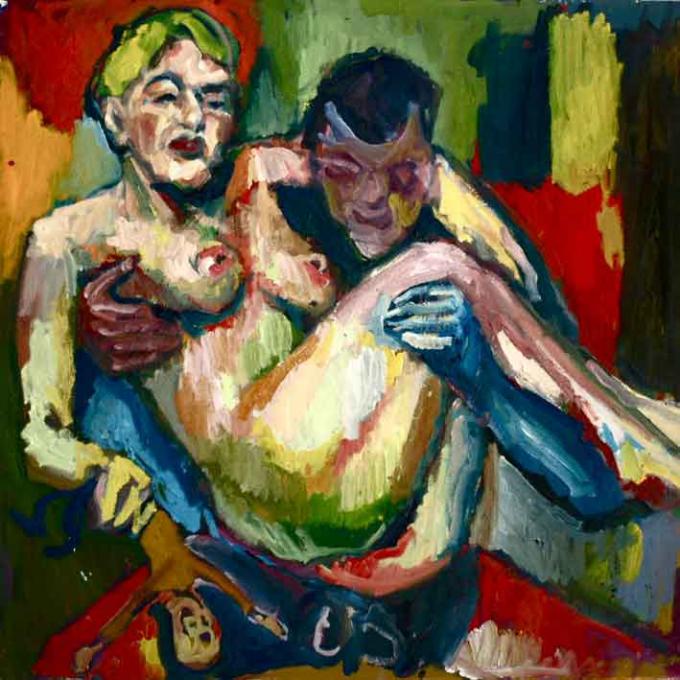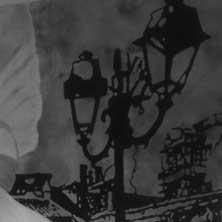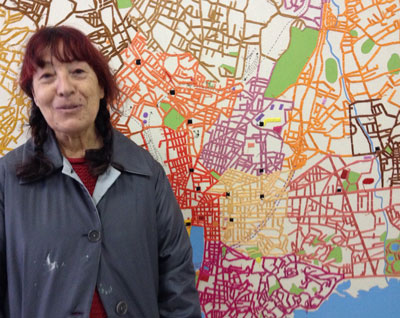Zaloa Ipiña
Zaloa Ipiña, artiste plasticienne diplômée en Beaux-Arts de l'UPV / EHU, a complété un master en gravure contemporaine à la Fondation CIEC à La Corogne. Intéressée dès son plus jeune À¢ge par les problèmes de société, ses projets artistiques les plus récents ont eu pour point de départ les défis personnels qui affectent une bonne partie de la société, comme l'habitat, l'habitabilité, l'uniformité culturelle, les langues minoritaires, etc. Dans son travail, elle amène ces problèmes au niveau d'une plastique poétique d'un point de vue personnel et actif.
Elle a reçu plusieurs bourses et bourses pour la création artistique, entre autres, de la Fondation Bilbaoarte ou du Conseil provincial de Biscaye. Elle a effectué des résidences artistiques dans des endroits comme le Centre d'art contemporani Piramidón de Barcelona. En 2011, elle a gagné le Prix Itzal aktiboa - Jeune Création Art Contemporain.
Parmi ses expositions individuelles, il convient de souligner celles du Musée Basque de Bilbao (2020); le Centre d'art Tomas y Valiente à Fuenlabrada, Madrid (2019); le Musée d'art et d'histoire de Durango (2018), la Fondation BilbaoArte (2017); la galerie Rekalde à Bilbao (2016), la galerie Antoni Pinyol à Reus (2016) et la galerie Windsor Kulturgintza à Bilbao (2014). De même, en tant qu'expositions de groupe, celles organisées à Talka galeria de Vitoria-Gasteiz (2018), "Eginberri" au musée Guggenheim de Bilbao (2017) et à la Galerie A del Arte de Saragosse.
Uniforme ≠Unibertsal
44 x 66 cm.
Menderatuak ordea beti gara inposatzaile
Espazio publikoetan zintzilikatzen zen debeku-kartel gisa, alfonbra honek –jatorrian mota guztietako oinatzak eta zapaltzeak jasaten dituen objektuak– Frantziako espetxe-sistemak XIX. mendean hartutako neurri bat erakusten digu. Geroago oinarrizko hezkuntzara hedatu zen, eta oso ohikoa bihurtu zen hormatik zintzilikatzea inskripzio hori zuen errotulua. "Debekatuta dago lurrera txistua botatzea eta patois-ez hitz egitea".
Patois hitzak adierazpen urriari egiten zion erreferentzia bere sorreratik. Urteetan zehar esanahia zabaltzen joan zen eta, hitz hau erabilera kulturadunetan finkatzen joan zen heinean, frantses kultua ez ziren tokiko hizkuntza edo hizkuntza propio guztiei erreferentzia egiten bukatu zuen, urritasunaren eta gutxiespenaren konnotazioa mantenduz. Ez dago irain handiagorik esaldi bakar batean.
Jatorrizko debekuaren inguruan, mespretxua pairatu zuten estatu frantseseko zazpi hizkuntzetan itzulita irakur daiteke esaldi bera: euskaraz, bretoieraz, okzitanieraz, katalanez, alsazieraz, korsikeraz eta arpitanez. Guk hizkuntza inposatu egiten baldin badugu gure hizkuntza propioan bizitzen saiatzen garelako, zer esango litzateke edozein hizkuntza gutxituko biztanleei buruz horrelako esaldiak edo neurriak erabiliko balituzte hizkuntza hegemonikoaren mespretxurako?
Articles lié(s) à l'artiste
Itzal Aktiboa expose les œuvres de 15 artistes à Eibar
Ils et elles sont fondateurs de l'association, membres actifs, artistes proches ou encore primées lors du concours Itzal Aktiboa et présentent cinquantaine et une œuvres: peintures, sculptures, installation.
17 Octobre 2020
Zaloa Ipiña laureate
du Prix Itzal aktiboa 2011
Zaloa Ipiña a gagné le Prix Itzal aktiboa 2011
06 Mars 2012


